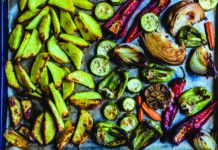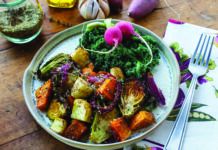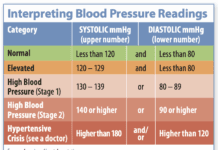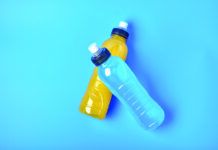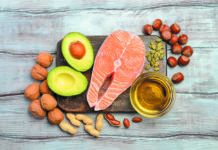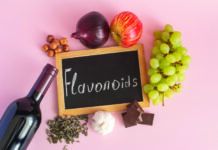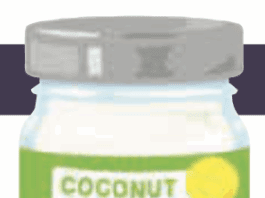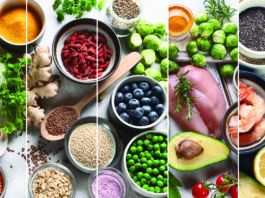Q: Is it true that increasing magnesium intake can help migraine sufferers?
Answer : Jennifer Hall, a dietetic intern at Tufts Frances Stern Nutrition Center, looked into this for us.
Q: Are there any nutritional advantages or disadvantages to cooking an egg so the...
Answer : None that I am aware of, except the concern about runny yolks and bacterial contamination, says Alice H. Lichtenstein, DSc, Stanley N. Gershoff Professor of Nutrition Science and Policy at the Friedman School.
Q: Is it true that you dont get much nutrition from eating raw spinach,...
Answer : Lingxia Sun, a dietetic intern at Tufts Frances Stern Nutrition Center, replies: This is a no and yes answer.
Q: Ive been hearing a lot about the benefits of vitamin K2, and my...
Answer : Sarah L. Booth, PhD, director of Tufts HNRCA Vitamin K Laboratory, responds: Currently the clinical trial data do not support a protective effect of vitamin K2...
Q: You often write about healthy vs. unhealthy fat. But healthy vegetable oils simply...
Answer : We posed this challenge to Patsy Jamieson, our recipe editor. Here are her thoughts: Certain recipes like basic muffin batters and quick breads are fine with canola oil, but many flaky pie crusts, cookies and cakes...
Q: Is there anything nutritionally you could recommend that might help someone with bipolar...
Answer : Tammy Scott, PhD, a scientist at Tufts HNRCA Nutrition and Neurocognition Laboratory, cautions against any blanket recommendation for treatment...
Q: Is there really a noninvasive test that can measure antioxidants in the body?...
Answer : C-Y. Oliver Chen, PhD, a scientist in Tufts HNRCA Antioxidants Research Lab, answers: Yes, there is a non-invasive scanner that evaluates total carotenoid content in skin.
Q: I see that the Girl Scouts will be adding Food State Nutrition from...
Answer : Diane L. McKay, PhD, an assistant professor at the Friedman School and scientist at Tufts HNRCA Antioxidants Research Laboratory, answers...
Q: If I ate as much food every day as listed in your One...
Answer : Actually, we did compute the calories in our example of how to get 5,419 milligrams of potassium from a days worth of meals...
Q: Is there any difference in effectiveness between vitamin D supplements in soft gel...
Answer : Vitamin D expert Bess Dawson-Hughes, MD, director of Tufts HNRCA Bone Metabolism Laboratory, replies...


